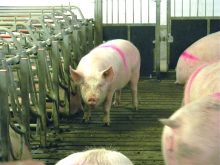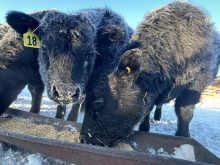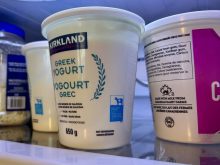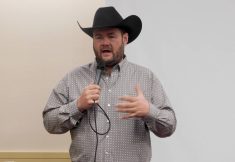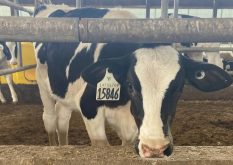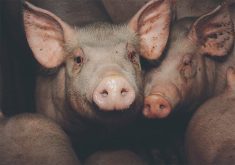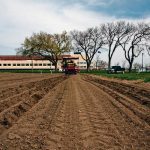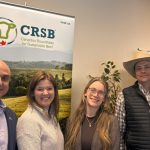Britain’s bizarre efforts to eradicate TB while protecting the badgers that spread it shows the folly of trying to upend the natural order
I am looking at my oat storage bin and counting the square bales under cover. The inventory in the barn for the rescue horses is low. Out in the hay yard, the inventory is sparse and we will quickly face another winter of feeding cows.
It would be an ordinary day, and not normally one of worry, but it is the day after the neighbors who supply this feed were completely hailed out.
Nature never acts without a consequence. In Alberta, the other side of nature’s beauty has caused some deep confusion, hurt and financial ruin. Families continue to live away from their homes while communities and businesses struggle to restart. The recent open letter to the government of Alberta from the doctors and surgeons at the High River Hospital are a testament to the depth of hardship encountered by provincial floods. The community needs their hospital and the doctors need a reason to stay!
Read Also
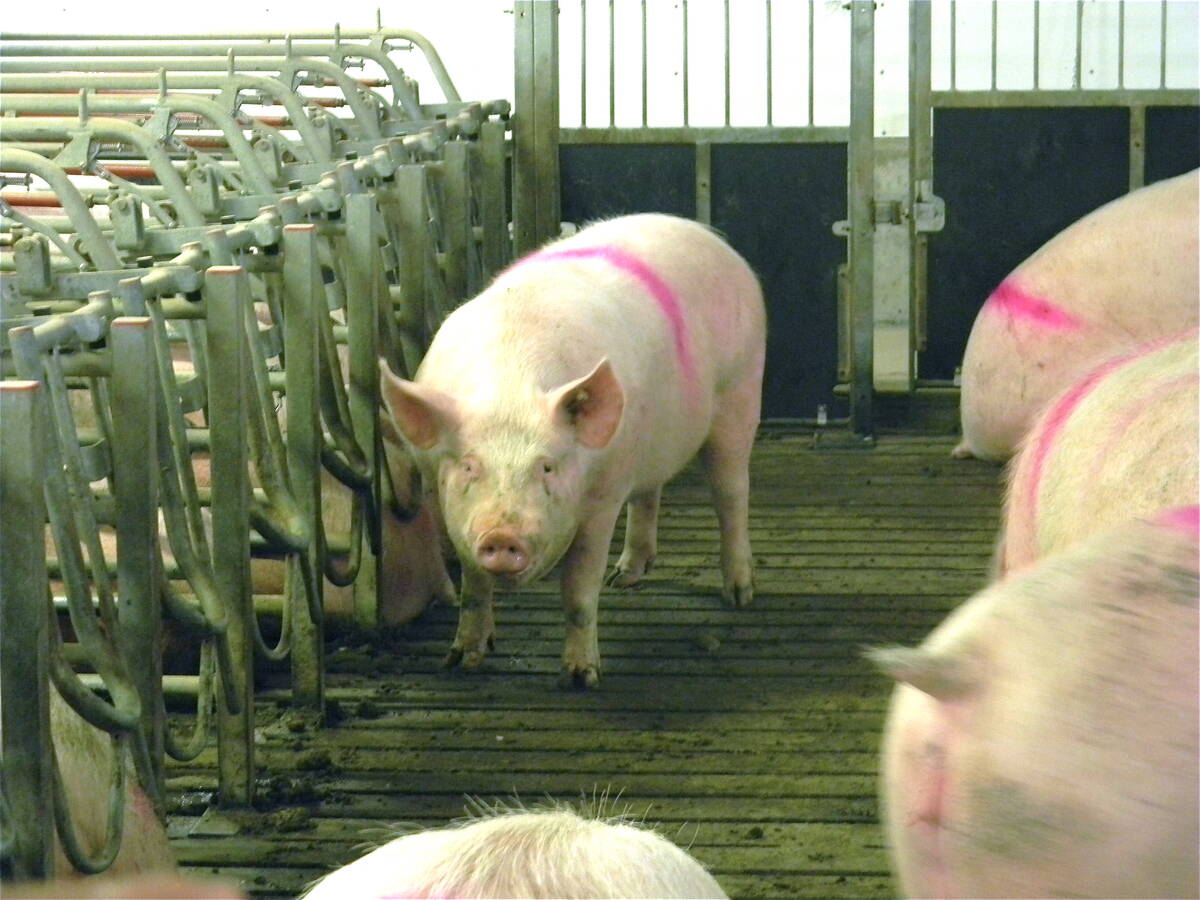
PRRS: The $1.4B ‘mystery’ still haunting hog farmers
For 30 years, this highly mutative virus has devastated the pork industry, outsmarting vaccines and requiring extreme biosecurity to control.
It has been a challenging summer for many and we have gained a sense of unity and obtained strength by working through it together. We cannot doubt or control our natural world as she acts in a holistic way even when the reasons are not clear. What is clear is that our natural world trumps our man-driven world at all times. She is greater, stronger and more volatile than we could ever hope to understand. Preparing for her is wise. Manipulating her is folly.
I say this after visiting with a guest from the U.K. who is clearly discouraged by government policy to interfere in nature’s cycle of life and death. Just like a fire or flood the result of fooling with the nature of things always reverses upon mankind.
The incidence of bovine tuberculosis (TB) in the U.K. is endemic in the southwest, West Midlands and East Sussex. In some areas, such as Cornwall, Devon and Gloucestershire, Farmers Weekly reports that less than five per cent of dairy cows (in herds of 50 or more) have remained TB free since 1990. The Department of Environment, Food and Rural Affairs (DEFRA) wants to change that and work toward TB-free status. And although that sounds like a commendable goal, the reality is that this would take at least 25 years.
In the interim, the demand for beef and dairy products from the U.K. continues to rise. With the elimination of quota in 2015, the industry is poised for growth. Europe wants and needs beef, prompting a massive price hike for beef, especially in TB-free areas. Beef has now become a luxury meat and weekend specialty in many parts of the U.K.
From the outside, it looks like a vaccination program for bovines and some strict biosecurity might eliminate TB and boost production and sales. It would appear the policies to liberate producers from the quota system and to continue to work on beef exports will position the U.K. as a real contender and that farmers will profit.
The problem is that the reservoir for TB has been protected by the very department that wishes to eliminate it. In the U.K., badgers are shielded by the Protection of Badgers Act 1992. It is not only illegal to injure or kill a badger, but to interfere with a badger sett (den) or tunnels and structures. Badgers are protected by satellite and any farmer who goes near the sett will be charged. Just like single-trait selection that ultimately imbalances the heritable traits of an animal, single animal protection ultimately puts several species out of balance. Badgers are absolutely the known carrier of the TB that is widely spread and prevalent in the bovine population. Under the new initiatives in the U.K., badgers will not be destroyed but will be vaccinated — if and when the vaccine is developed.
As unlikely as a whole country vaccination scheme for a pest seems, it is nonetheless the route DEFRA has chosen. And farmers have the privilege of footing the bill.
It is an endless and terminal cycle to restrict one industry by not letting the natural rules of order play out. Certainly, if there is a demand for pelts then a licence could be established — but to protect a pest and jeopardize the food supply is rather curious.
Where does the infected beef from nearly half a country, a full 38,000 head last year, go? DEFRA says no problem and claims any discussion on the crisis is “irresponsible scaremongering.” DEFRA takes the infected meat and sells it, unlabelled, to caterers and food processors. No doubt this product is also fed to the elderly, schoolchildren and the infirm. The cycle of death continues at the cost of protecting one pest.
We have seen the same tragedies in oceans, in forests, in fields and mountains. Other than some sort of orderly hunting, total protection of a non-threatened species creates a natural world out of balance.
Just as a huge snowpack brings flooded valleys, and golf ball hail creates a shortage, so an activist’s restrictions bring disease to another species and health risks to society as a whole.



